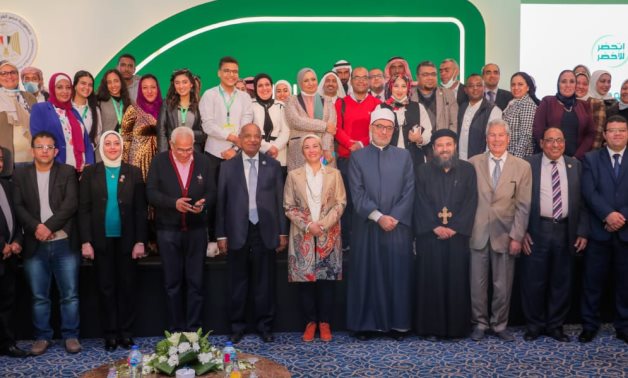
Egyptian Minister of Environment Yasmine Fouad launched on Saturday the first national dialogue on climate change from Sharm El Sheikh- Press photo
CAIRO - 22 May 2023: The National Dialogue held its second session in the social axis under the title "National Identity" on May 21, in the presence of several of intellectuals, politicians, representatives of political parties and members of Parliament. The session witnessed lengthy discussions on strengthening national identity and preserving the Arabic language.
The participants agreed on a number of points, which are deepening the cultural role and national identity, in addition to the file of cultural industries, conditions for the development of cultural institutions and cultural policies, and the last point will be related to issues of creativity and freedom of creativity.
The rapporteur of the Culture and National Identity Committee emphasized that identity has been exposed to many problems, especially at the level of globalization, which has exposed identity to major problems, in addition to the tyranny of the Internet world and social networking sites, as well as different interpretations of religion.
All participants in the discussions in the culture session express honorable personalities for Egypt in all fields, in order to reach contributions, frameworks, and recommendations for practical issues that support the advancement of identity away from imagination and ambiguity for the sake of executive steps to be applied in the new republic.
They emphasized the importance and necessity of preserving the Egyptian national identity, which was characterized by the diversity of its civilizations, and one of its most important features was openness to the other, indicating that true originality is the adoption of civilization, which is able to protect us from various conspiracies.
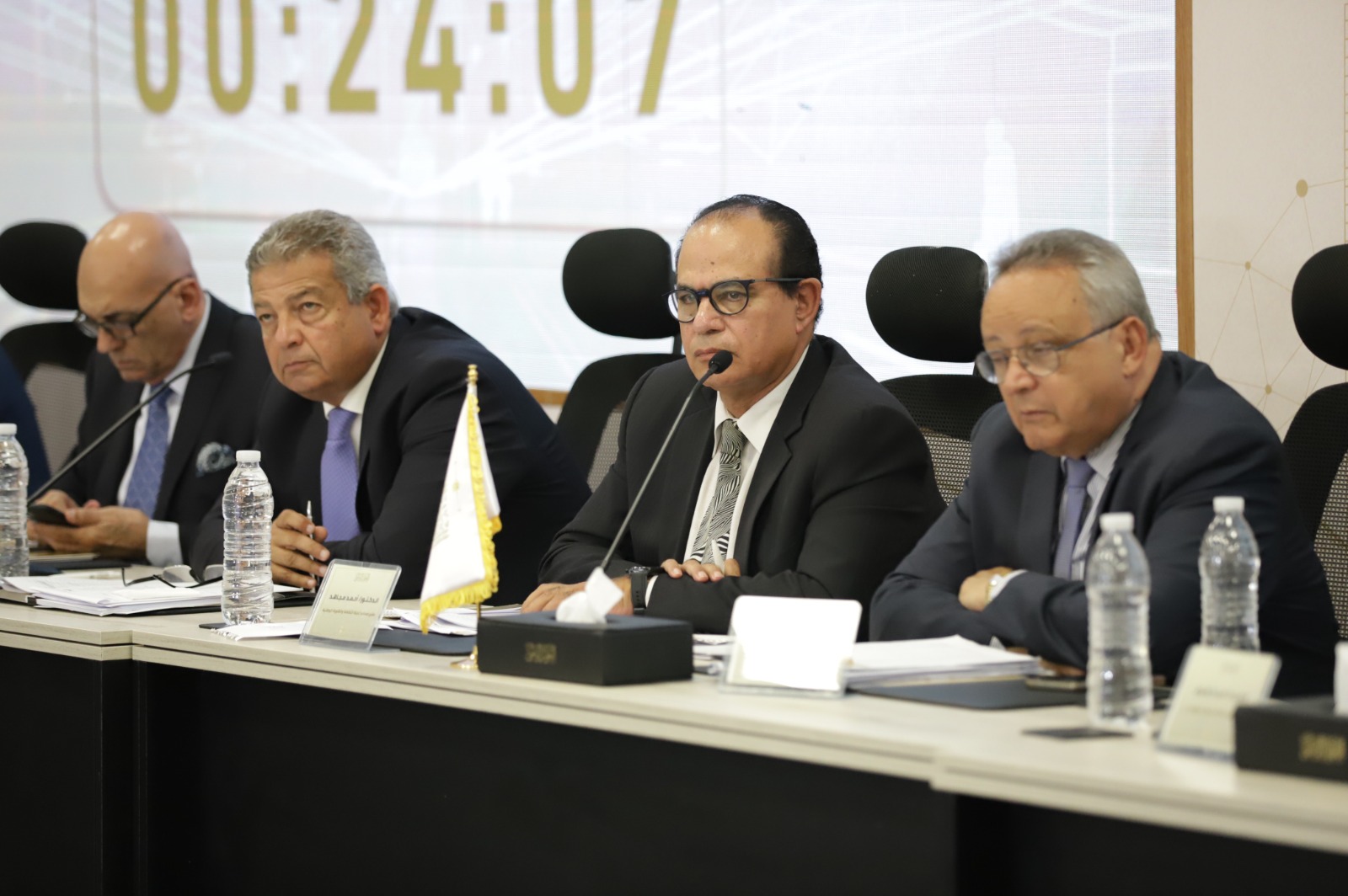
Participants monitored a group of crises that affect identity and caused societal confusion, explaining that some believe that Egyptian society is not cooperative in order to promote tourism, as the movements of tourists in Egypt are among the security forces, and there is also discomfort in dealing with the Egyptian people as they were in the past.
They added that the Egyptian national identity is capable of defeating conspiracies and schemes, whether internal or external.
They proposed the establishment of the National Authority for the Preservation of the Egyptian Identity, so that it would be independent and work on the legislative axis, and it would have the right to present draft laws that would preserve the Egyptian heritage and history, whether ancient or modern.
Controls must be put in place to preserve national identity through audiovisual and electronic media, as well as proposals for educational content in all stages of education to ensure deepening identity among children and deepening the principle of citizenship in all its concepts under the rules and controls guaranteed by the 2014 constitution.
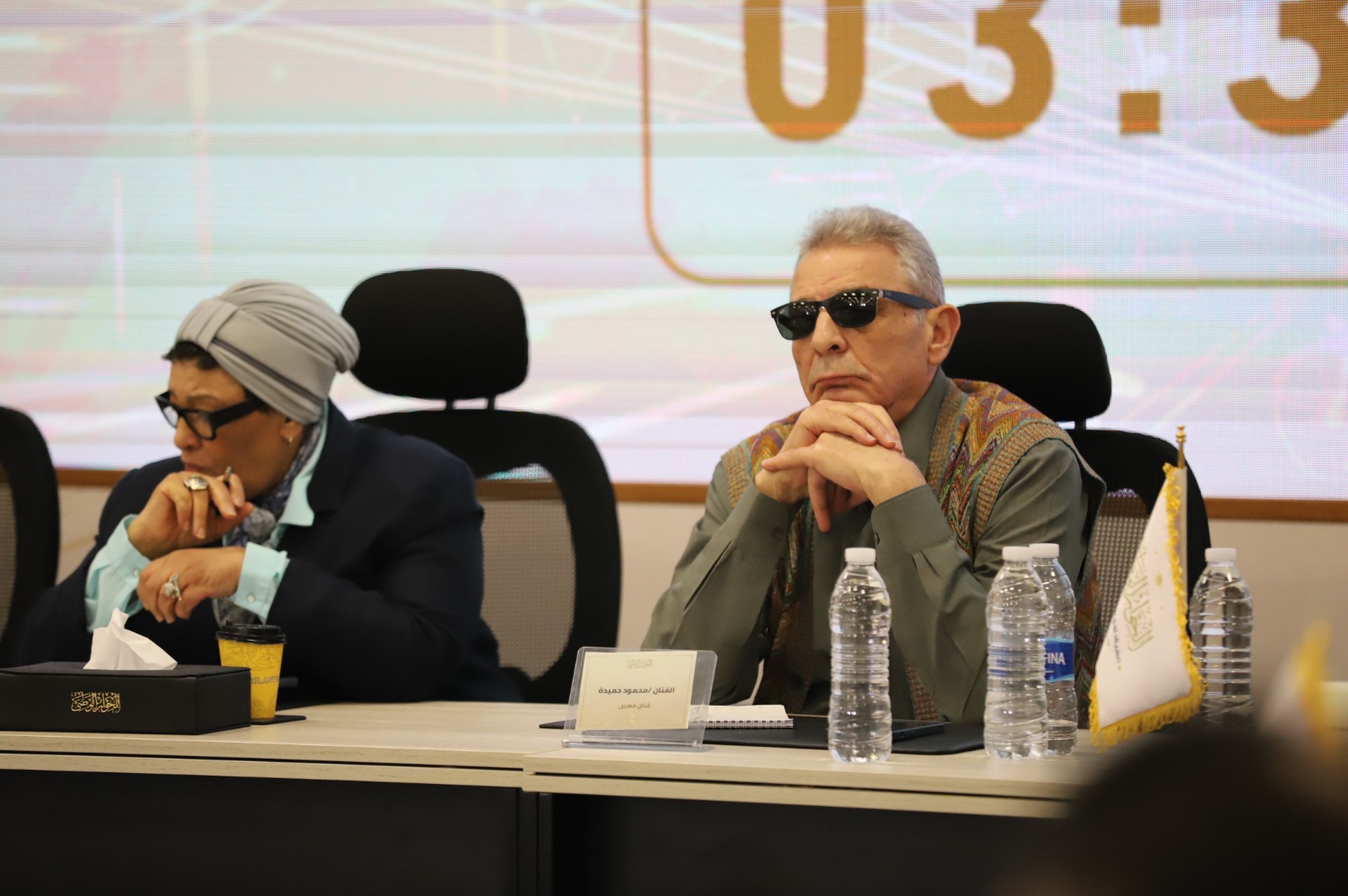
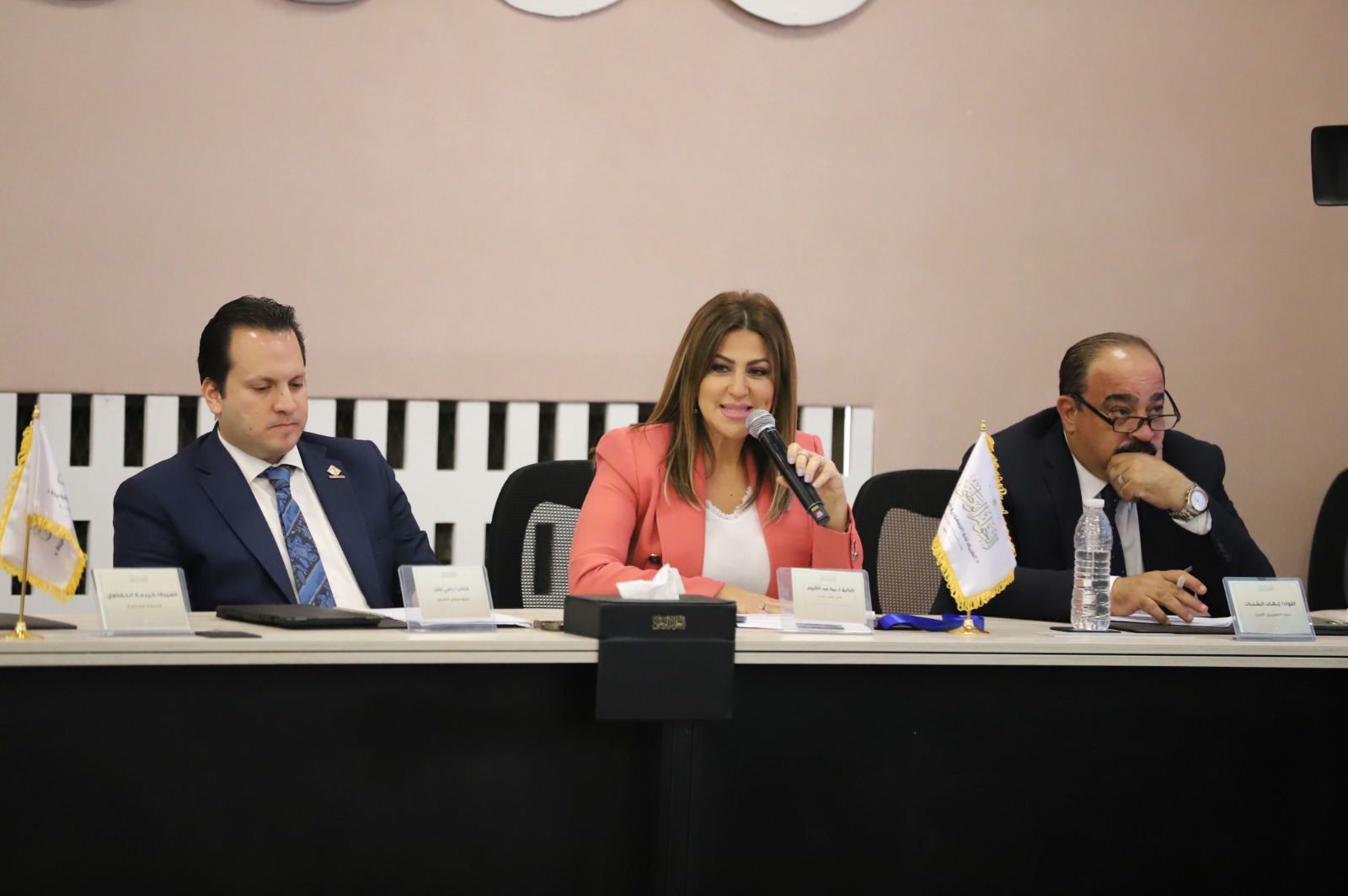
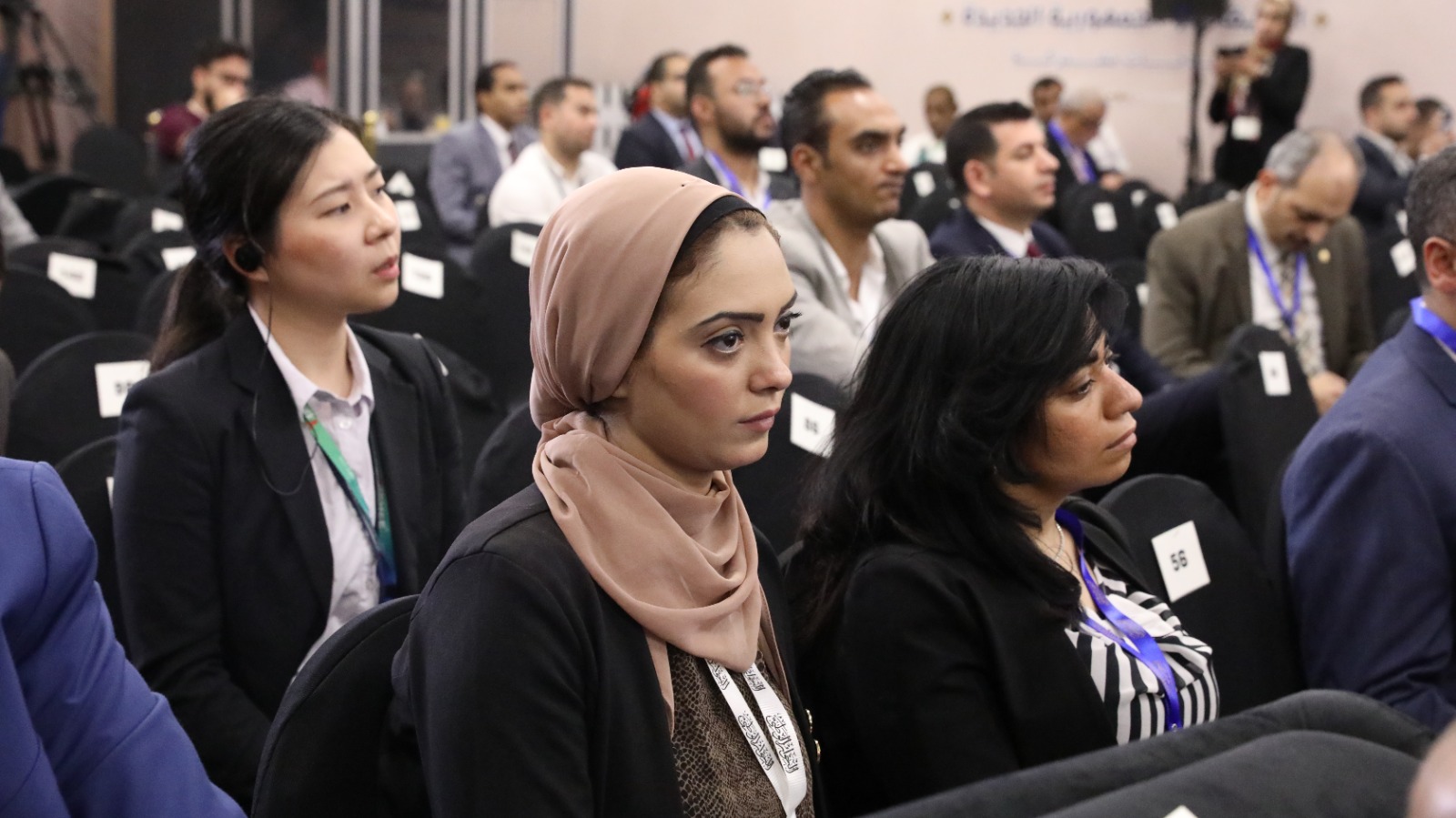
On May 14, 2023, the Human Rights and Public Freedoms Committee of the National Dialogue held the second session on eliminating all forms of discrimination.
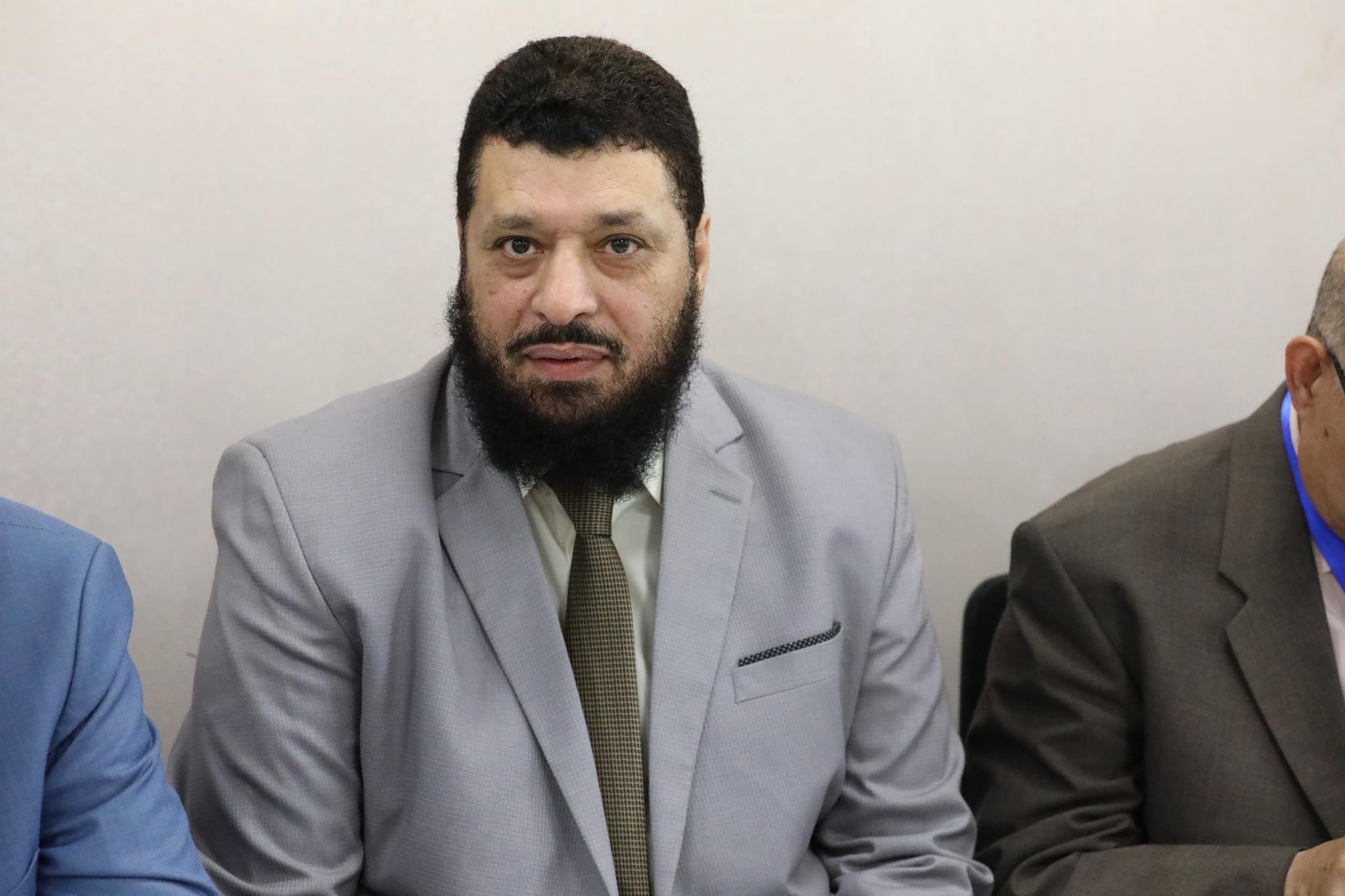
The session was attended by Dr. Nevin Massaad, Rapporteur of the Human Rights and Public Freedoms Committee, Mr. Ahmed Ragheb, Assistant Rapporteur of the Committee, Dr. Fatima Khafagi, member of the Board of Trustees of the National Dialogue, and Dr. Muhammad Fayez Farahat, member of the Board of Trustees of the National Dialogue. Representatives of all segments of society, including politicians, parties, organizations, researchers, experts and submitters of proposals.
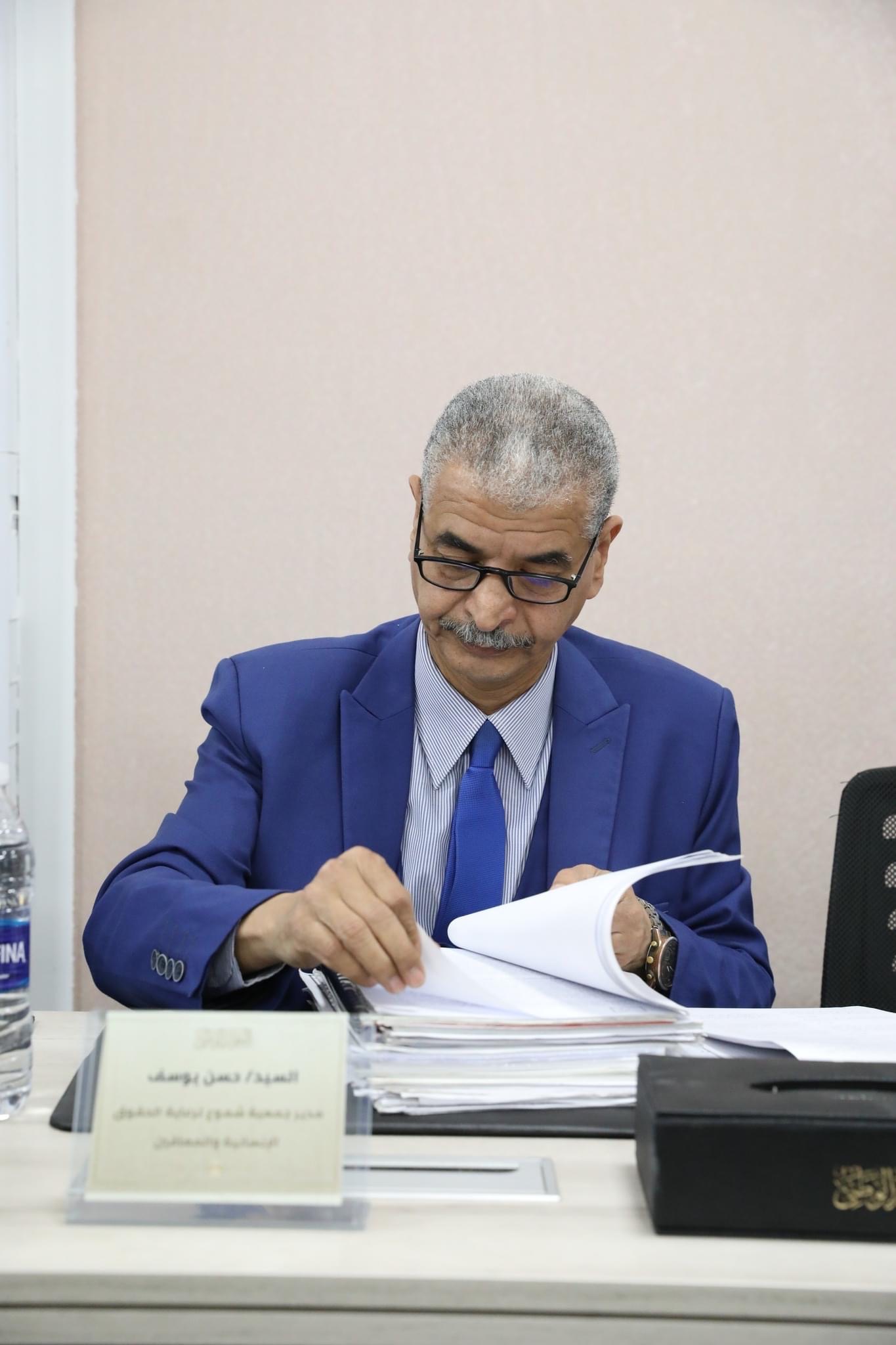
Participants stressed that all Egyptians are equal before the law and that the state is committed to all relevant agreements that it has signed.
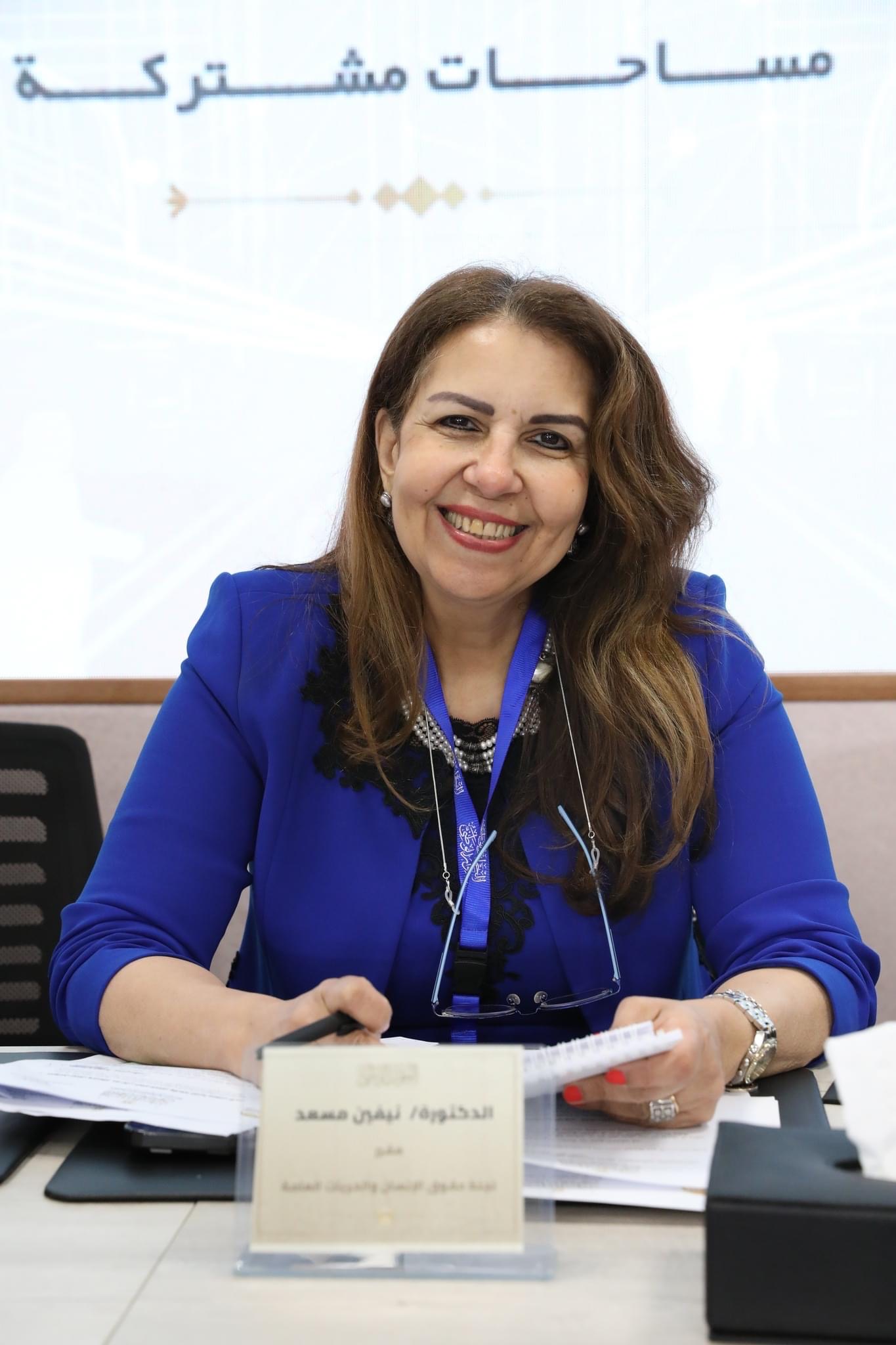
The session shed light on citizens' right to treatment, housing, and not being subjected to physical or psychological abuse. The participants appreciated the state's role in establishing the Human Rights Commission, combating discrimination, and preserving public freedoms.
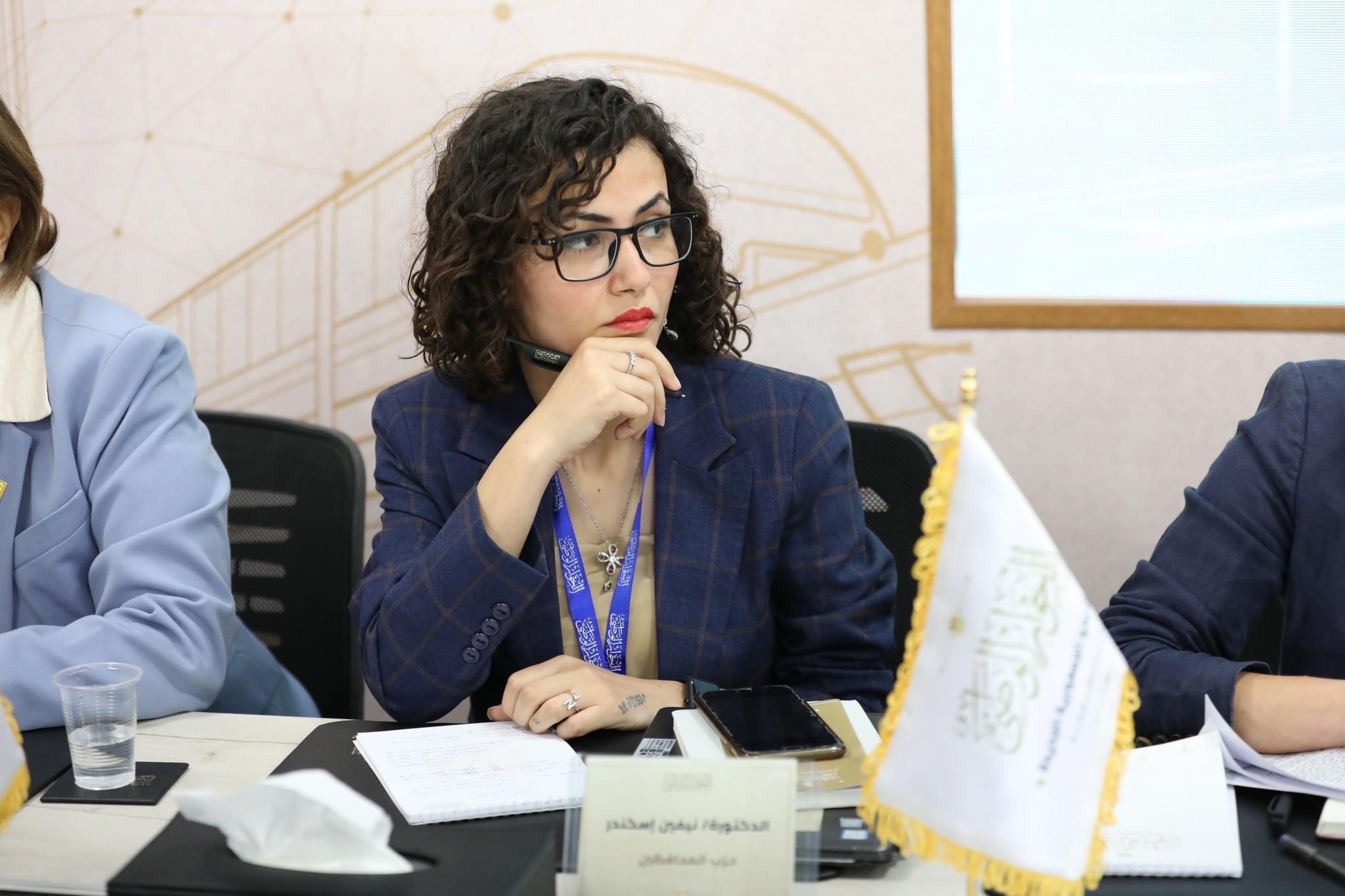
The participants demanded strengthening human rights policies, drafting and revising some legislations, finding solutions to loopholes in some of them, and enforcing constitutional entitlements to combat discrimination.
They also demanded the enactment of a draft law to establish a commission to prevent discrimination amongst citizens in all aspects of life in Egypt, including sustainable development goals.
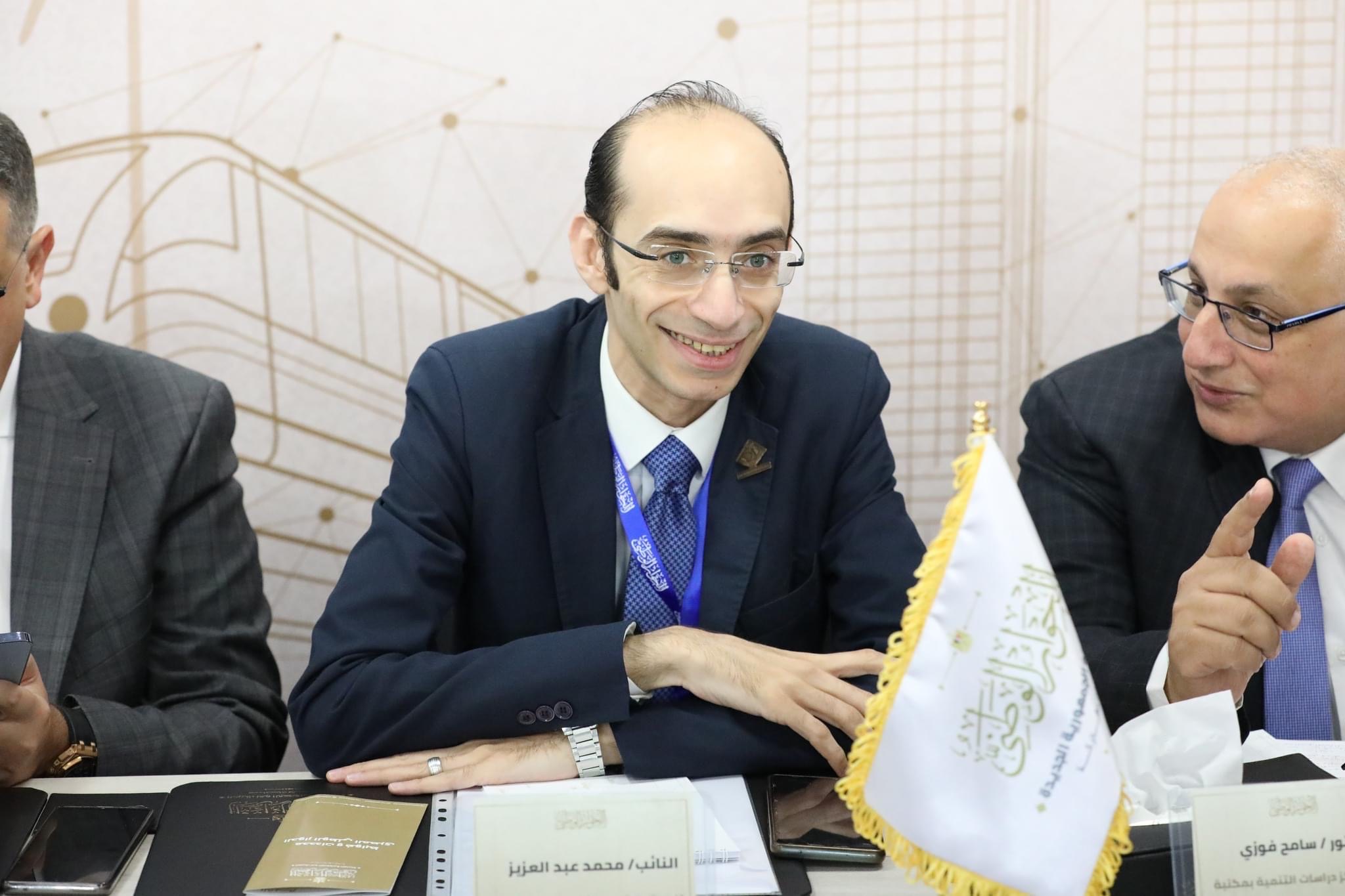
The session highlighted that the National Dialogue is not just a platform for opinion, but it seeks to make a shift in policies, legislation, and the constitutional merit of the Commission.
Participants emphasized that the Ministry of Justice is preparing a draft law to combat discrimination and will submit it to the House of Representatives. They demanded the revision of all laws and legislations related to combating discrimination, such as the personal status law and labor laws.
They called for adopting a national program to follow up on all forms of discrimination, raising awareness and working on gender equality and combating gender-based violence, eliminating the centralization of decision-making, raising awareness in schools of this issue, renewing religious discourse and renouncing violence.
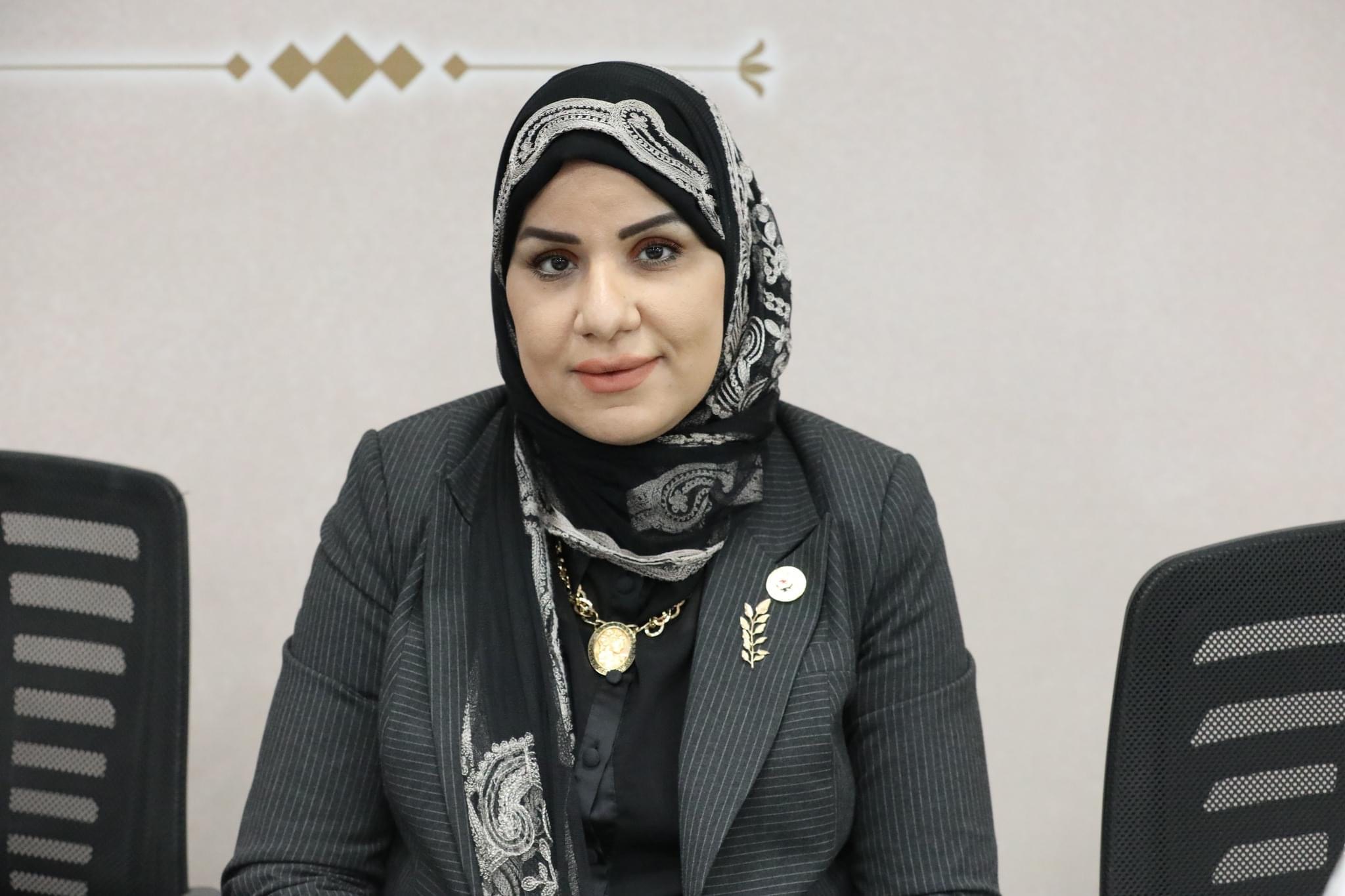
The participants also suggested that the Commission should enjoy independence and powers within the limits of the law. It should be expressing opinions and submitting proposals to work on citizenship and equality, receive complaints from those affected, launch awareness campaigns and include the concept of citizenship and combating discrimination in educational curricula.
Participants in the "Law of Municipal Councils" sessions held within the National Dialogue on Sunday disagreed on the check and balance tools that should be given to those entities, particularly in terms of withdrawing confidence from governors.
Former Governor of Alexandria Mohamed Abdel Zaher expressed rejection to giving municipal councils that authority, limiting it to heads of municipal authorities of neighborhoods and villages. He argued that governors are appointed by the president of the republic and not elected, so they should not be fired by councils.
Abdel Zaher's comments prompted the session's moderator to underscore that the constitution makes municipal councils entitled to withdrawing confidence from both governors and heads of local municipal authorities.
In that context, Board Member of the National Dialogue Amr Hashem Rabie stressed that the sessions must produce a considerable recommendation with regard to issuing a bill regulating the administration of municipalities. He lamented the absence of municipal councils in Egypt, especially that their existence is provided in the constitution.
Technical Secretary of the National Dialogue Judge Mahmoud Fawzy highlighted that not holding municipal elections is attributed to the absence of a bill that regulates the process, and that articulating such law needs hard work to ensure its alignment with the constitution.
Fawzy pointed out that the prospective total number of members of municipal councils nationwide is estimated to be 52,000, which always puts the focus on regulations pertinent to holding elections. Yet, he stipulated the equal salience of thorough thinking when designing the framework regulating municipal administration and the relationship between councils and other entities.
Head of the National project for Qualifying Youth for Municipalities and Political Participation Fathy Emad said that the law had not been promulgated because of disagreements among politicians. On another level, he called for supporting the project as it is aimed at educating Egyptian youth on municipal councils, elections, constitution articles, sustainable development, governance, digitalization, combating corruption, integrity, and transparency.
On another level, Chair of Egypt Freedom Party Tamer Sahab suggested that accomplishing decentralization is not limited to the legislations pertaining to municipal administration. Rather, it mandates many amendments and reforms relevant to laws regulating the public budget, management of new urban communities, public plan, and governmental contracting.
The first discussion sessions of the societal axis of the National Dialogue kicked off on May 18, with the presence of various currents and political prominent figures as they discussed several of issues including guardianship over minors' money and property.
During the session, several suggestions were heard including amending laws and establishing legal body affiliated with the cabinet to supervise minors' money.
Some participants stressed the importance of ‘the Family’ and its fundamental role in the society.
They said that minor’s guardianship should be passed to the mother directly, after the father’s death along with the educational guardianship as well with the existence of supervision.
They proposed the creation of a public body affiliated with the cabinet that would be responsible of the minors’ funds investment in addition to allocating about 20 % of the amount for emergency treatment.
A number of participants proposed the establishment of a criminal court competent to consider the squandering of funds of minors and issues related to the guardianship of funds, while ensuring mechanisms that allow the quick repayment of funds in accordance with needs.
They proposed separating the accounting boards from the courts and applying a digital transformation system to facilitate the procedures for disbursing funds.
Regarding the child with special needs, the participants suggested some ideas to find out who is responsible for him in terms of education, treatment and other things and to demand the existence of facilities for their situation.
The participants called for the speedy issuance of the new draft Personal Status Law, which was confirmed by the president of the Republic, President Abdel Fattah al-Sisi, expressing the necessity and inevitability of addressing many problems related to the strength and cohesion of the family.
In the race itself, some participants focused on the compatibility of Islamic law with the rights of orphans and the preservation of their money.
The participants concluded the session by affirming respect for the Egyptian constitution and all monotheistic religions that aim to preserve humanity and the rights of the weak, no matter who they are.
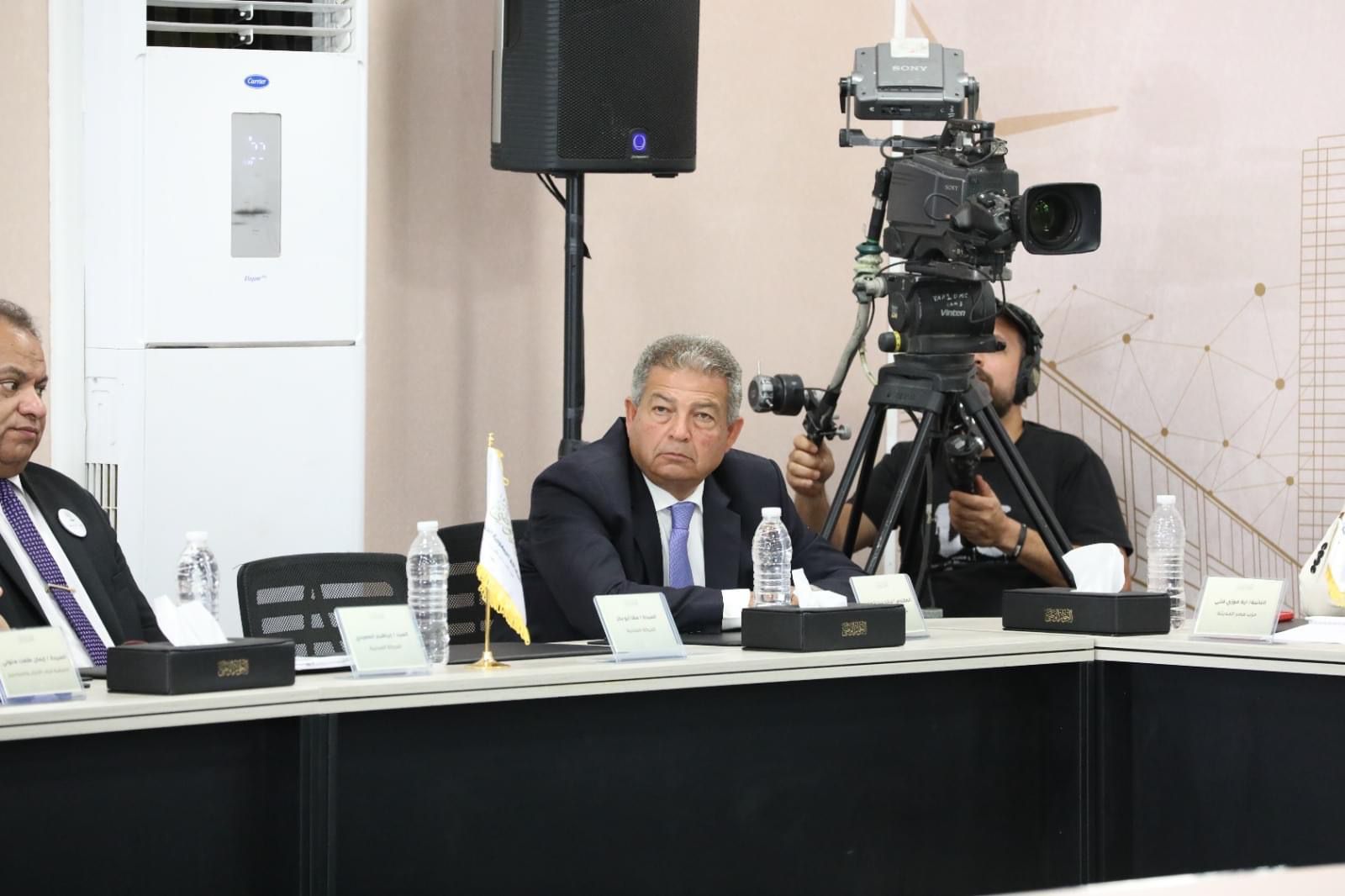
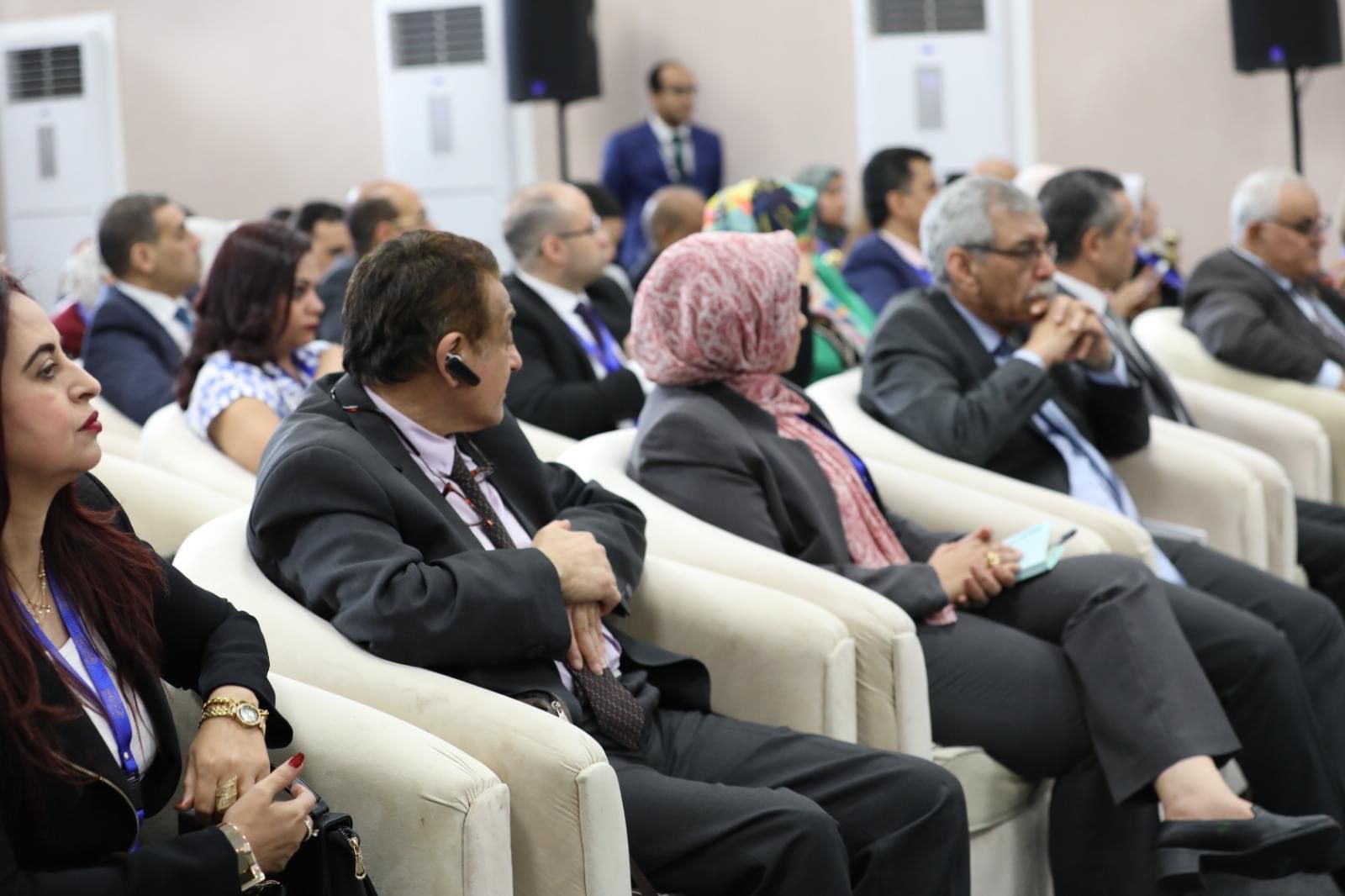
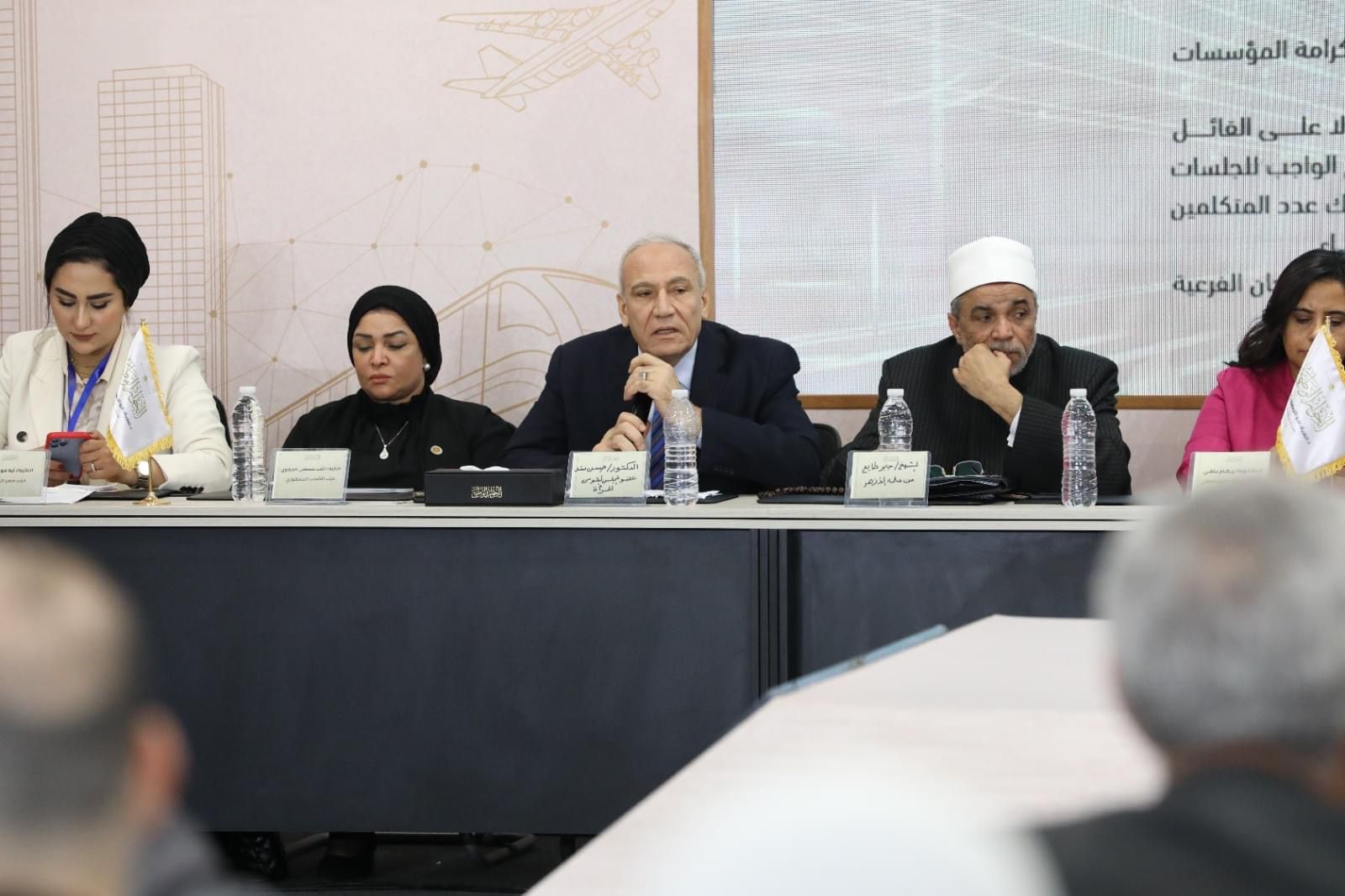
Comments
Leave a Comment